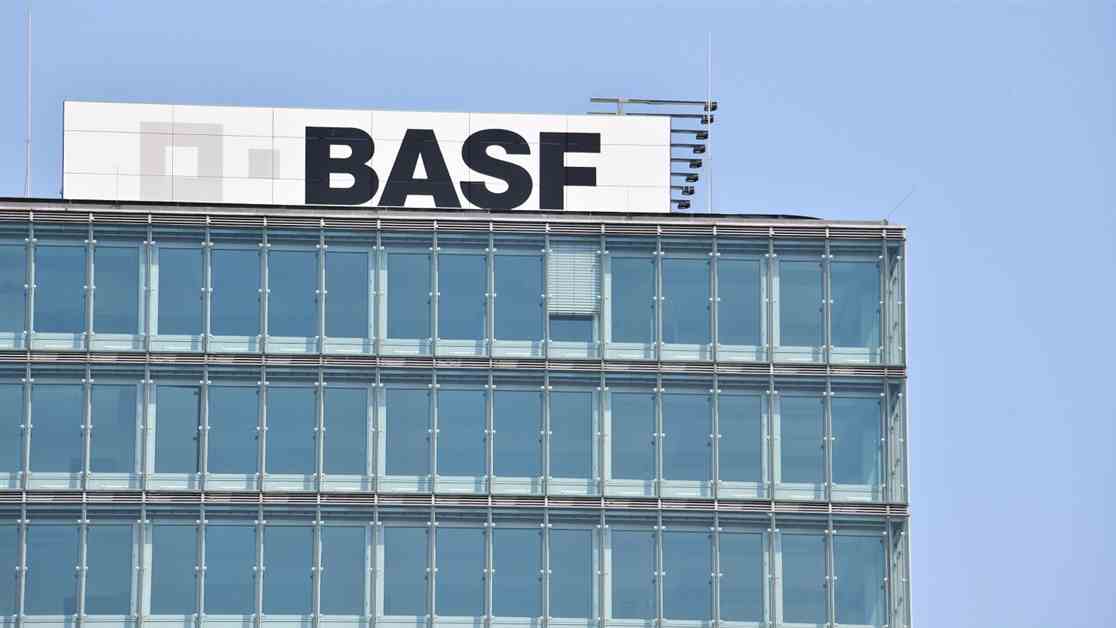BASF Introduces Biomass-Balanced ecoflex PBAT to Revolutionize Biopolymers Portfolio
German chemical giant BASF has recently unveiled a groundbreaking addition to its biopolymers portfolio with the launch of a biomass-balanced ecoflex polybutylene adipate terephthalate (PBAT) variant, known as ecoflex F Blend C1200 BMB. This innovative product aims to substitute fossil raw materials with renewable feedstock during the manufacturing process, marking a significant step towards sustainability and eco-friendliness in the industry.
The ecoflex F Blend C1200 BMB is sourced from waste and residual biomass, which is then allocated to the ecoflex grade through a mass balance approach, certified by reputable organizations such as REDcert² and the International Sustainability and Carbon Certification (ISCC) PLUS. This not only reduces the reliance on fossil resources but also results in a remarkable 60% lower product carbon footprint compared to the standard ecoflex F Blend C1200.
The introduction of the PBAT-based certified compostable products plays a crucial role in promoting a circular economy by enabling the easy collection and recycling of organic waste. BASF’s ecoflex BMB solution effectively addresses the issue of fossil resource dependency in PBAT production, offering a sustainable and organically recyclable alternative that stands out in terms of performance and quality.
By replacing fossil feedstock with renewable raw materials at the onset of the production process, BASF’s innovation enables packaging industry customers to reduce their fossil resource consumption without compromising on product quality or efficiency. The PBAT maintains identical properties, quality, and certification as the conventional grade, allowing customers to seamlessly transition to the biomass-balanced ecoflex without the need for extensive modifications.
Marcel Philipp Barth, BASF’s global business management and Biopolymers head, emphasized the company’s commitment to supporting customers in adopting renewable resources and transitioning to a circular economy. The ecoflex BMB represents a significant milestone in the global biopolymers market, offering a sustainable solution that minimizes the use of fossil resources, lowers greenhouse gas emissions, and promotes the utilization of renewable feedstock from organic waste and residual biomass.
This latest development follows BASF’s collaboration with sustainable backpack brand baesiq last year to introduce a range of eco-friendly bags, showcasing the company’s dedication to driving sustainability across various industries and product lines.
